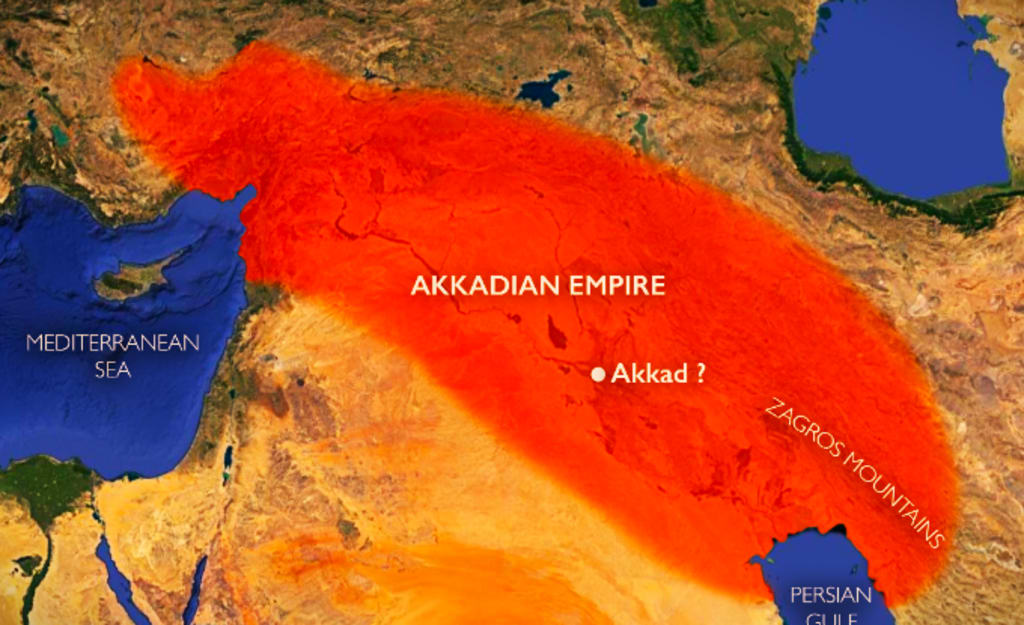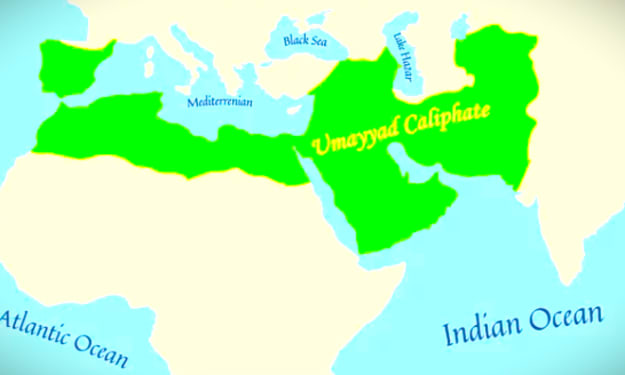
Chapter 1: The Landscape of Ancient Mesopotamia
Chapter 2: The Early City-States of Mesopotamia
Chapter 3: Sargon of Akkad: The Empire's Founding Father
Chapter 4: The Akkadian Empire's Formation
Chapter 5: Akkadian Expansion and Conquests
Chapter 6: The Administration of the Akkadian Empire
Chapter 7: Cultural Exchange and the Sumerian-Akkadian Synthesis
Chapter 8: Decline and Succession
Chapter 9: Naram-Sin and the Zenith of Akkadian Power
Chapter 10: Shar-Kali-Sharri and the Gutian Invasions
Chapter 11: The Collapse of the Akkadian Empire
Chapter 12: The Legacy of the Akkadian Empire
Chapter 13: Historical Records and Modern Discoveries
Here's a brief overview of the reign history of the Akkadian Empire:
Sargon of Akkad (c. 2334-2279 BCE):
Manishtushu (c. 2269-2262 BCE):
Shar-Kali-Sharri (c. 2223-2198 BCE):
Gutian Invasions (c. 2193-2113 BCE):
Ur III Period (c. 2112-2004 BCE):





Comments
There are no comments for this story
Be the first to respond and start the conversation.